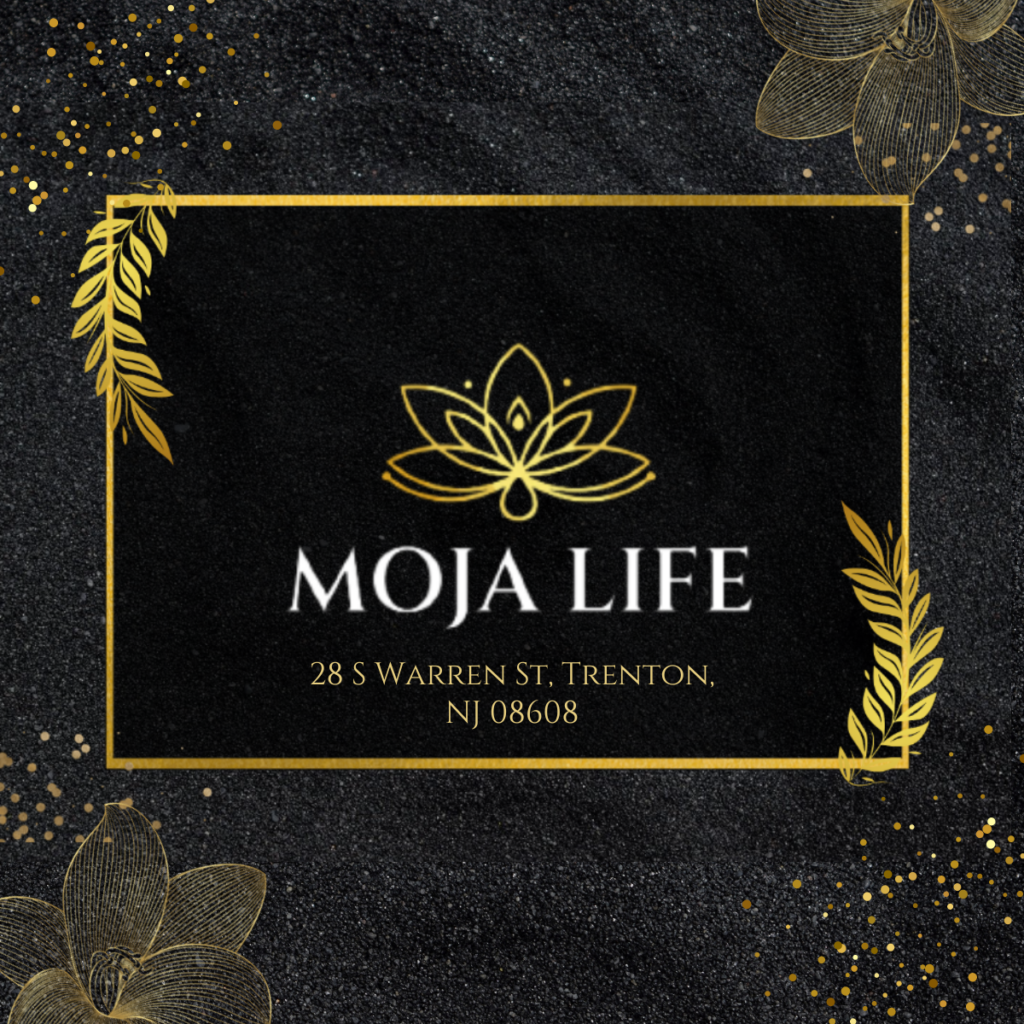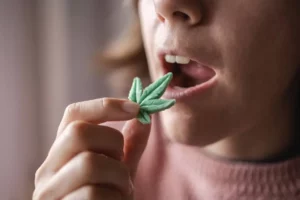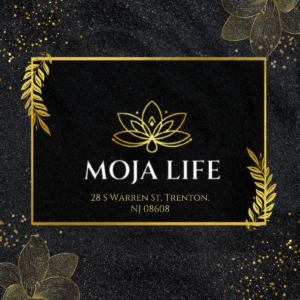Myth #1: Cannabis Is a ‘Gateway Drug’
This myth has circulated for decades, but research shows that most people who use cannabis don’t go on to use harder drugs. Studies suggest that factors like social environment play a bigger role in future drug use than cannabis itself.
Myth #2: Cannabis Kills Brain Cells
Despite old stereotypes, there’s no evidence that cannabis destroys brain cells when used responsibly. While heavy use can impact short-term memory temporarily, studies show that moderate, responsible consumption doesn’t cause long-term brain damage.
Myth #3: All Cannabis Gets You ‘High’
Cannabis contains both THC and CBD, but only THC has psychoactive effects. Products high in CBD offer relaxation, pain relief, and therapeutic benefits without the “high” feeling, making them accessible to those who don’t want intoxication.
Myth #4: Higher THC Means Better Quality
Many people assume that the higher the THC, the better the cannabis. But terpenes and cannabinoids like CBD also influence the effects. High-THC strains can be potent, but balance and terpene profiles can make a strain better suited to personal needs.
Myth #5: Cannabis Has No Medical Benefits
Cannabis has shown promising effects in treating chronic pain, anxiety, and more. While more research is needed, studies support the medicinal value of cannabis, with thousands of patients finding relief through regulated medical programs.
Setting the Record Straight
These myths often prevent people from fully understanding or exploring cannabis’s potential. As stigma fades and more information becomes available, it’s easier to see that cannabis is as complex and versatile as any other plant. By separating myth from fact, we can appreciate cannabis for what it truly offers.





